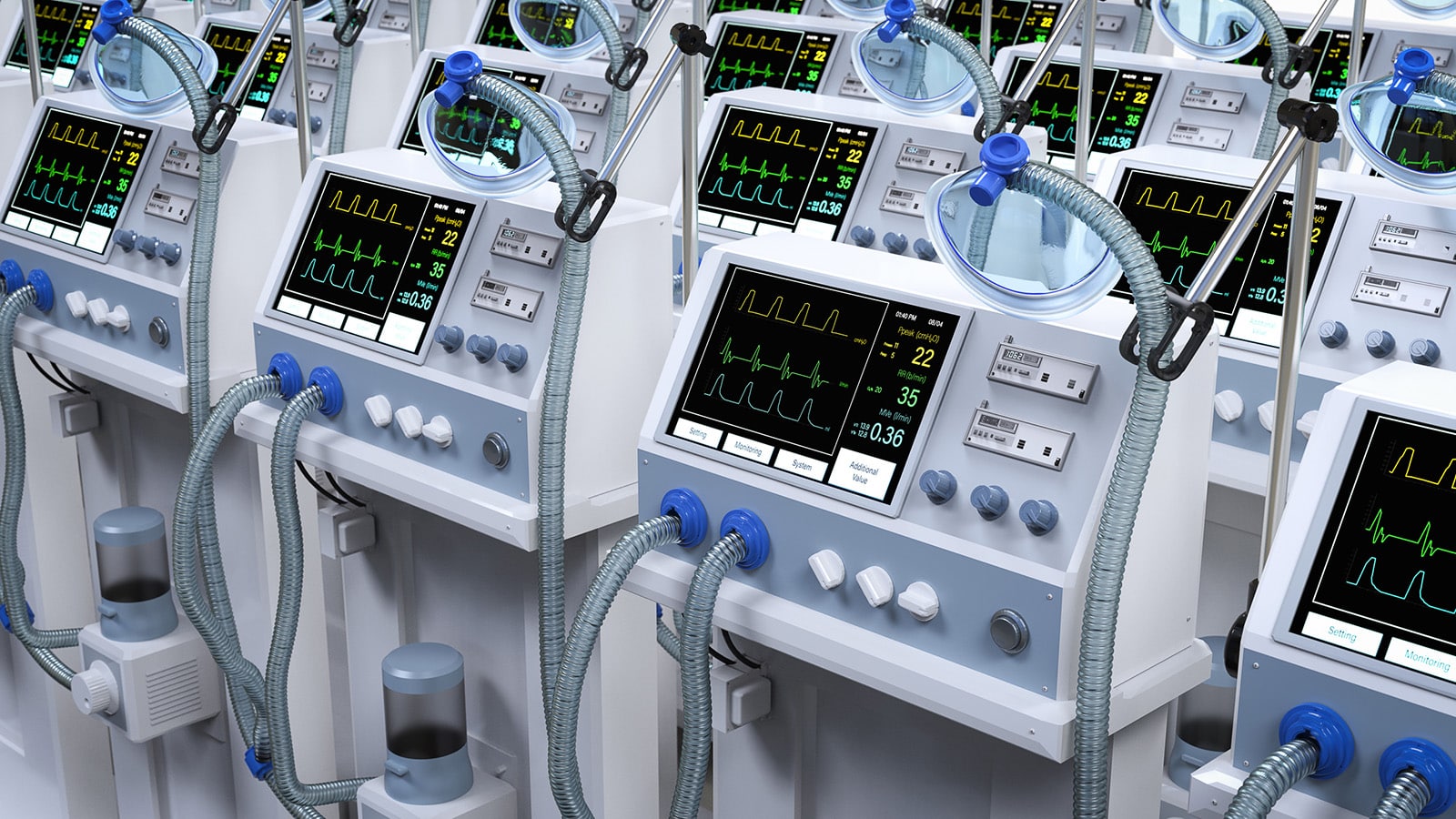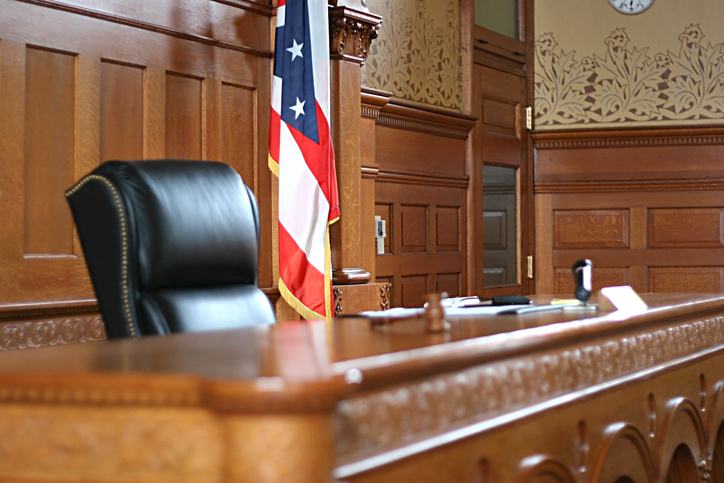May 14, 2025

This information is provided for educational purposes only by Kohn, Kohn & Colapinto and does not constitute legal advice. No attorney-client relationship is created by accessing this content. Laws and regulations may change, and this material may not reflect the most current legal developments. If you believe you have a whistleblower claim, consult a qualified attorney to discuss your specific circumstances.
The medical device industry is essential, providing life-saving tools and equipment for medical professionals. However, like any other industry, it is not resistant to fraud. This guide aims to shed light on medical device fraud, its implications, and how potential whistleblowers can report it under the False Claims Act’s qui tam provisions.
Key Takeaways
- Medical device companies can violate the False Claims Act through off-label marketing, offering kickbacks, and selling defective devices.
- Whistleblowers play a pivotal role in exposing such frauds and have successfully filed qui tam lawsuits against violators, leading to significant financial rewards.
- Potential whistleblowers must follow a structured process, including recognizing fraudulent activities, documenting evidence, seeking legal counsel, and reporting through appropriate channels to ensure their protection and the rectification of the misconduct.
What is Medical Device Fraud?
Medical device fraud refers to various illegal practices in the production, marketing, and sales of medical devices.
These practices may include off-label marketing, giving kickbacks to doctors, selling defective devices, and other fraudulent tactics that contravene federal laws, particularly the False Claims Act and other state statutes.
Over the past decades, drug companies alone have shelled out more than $30 billion to settle claims of Medicare and Medicaid fraud, a testament to the enormity of the issue.
How Can a Medical Device Company Violate the False Claims Act?
Medical device companies can be held accountable under the False Claims Act for Medicare and Medicaid fraud if they indulge in any of the following:
Illegal Financial Arrangements with Doctors
Companies may give kickbacks to doctors in return for using their medical devices. Suspicious financial activities may include:
- Paying royalties on new devices
- Covering the costs of educational conferences
- Sponsoring fellowships
- Giving unrestricted grants
Other common frauds include manipulation of billing, including activities such as upcoding (billing for more expensive services than those actually provided), billing for services not rendered, unbundling of services, or duplicate billing.
Some healthcare entities might falsely certify that certain medical procedures, equipment, or facilities meet required standards.
Off-Label Marketing
Marketing or promoting a device for purposes not approved by the U.S. Food and Drug Administration (FDA) is illegal. Pharmaceutical companies or medical device manufacturers might market their products for off-label uses (uses not approved by regulatory bodies) or might not report adverse effects properly.
Selling Defective Devices
Companies are liable if they knowingly sell defective devices or have substantial reasons to believe their devices are flawed.
Specific segments within the medical device industry are particularly lucrative and fiercely competitive, leading to increased risks of fraudulent activities. These segments include:
- Implantable cardioverter defibrillators, pacemakers, and other cardiac devices
- Stents and prosthetic heart valves
- Orthopedic implants (like artificial hips and knees)
- Spinal disks and cochlear implants
- Robotic surgery machines
Hospitals and Healthcare Providers: Their Role and Liabilities
Hospitals and healthcare providers too can be found in violation of the False Claims Act. For instance, if they bill Medicare and Medicaid for devices not sanctioned by the FDA.
In 1999, whistleblower lawsuits led the University of California at San Diego and the University of Washington at Seattle to pay settlements of $4.7 million and $3.6 million, respectively, for billing Medicare for non-FDA-approved cardiac devices.
Reporting Medical Device Fraud Using Qui Tam
The qui tam provisions within the False Claims Act empower private individuals, also known as relators, to sue on behalf of the government if they believe a party has submitted fraudulent claims to government programs. Whistleblowers can thus take legal action against medical device companies, healthcare providers, or any entity engaged in fraud against the government as follows:
Gather Evidence
Before taking action, ensure you have solid evidence of the fraud. This can include internal communications, financial documents, or any other relevant evidence that suggests fraudulent activities.
Seek Legal Counsel
Connect with an attorney experienced in False Claims Act cases. They will guide you through the complex legal terrain and help build a strong case.
File a Qui Tam Lawsuit
If you and your attorney believe you have a valid case, the next step would be to file a qui tam lawsuit. This lawsuit remains under seal, meaning it remains confidential while the government reviews the evidence and decides on a course of action.
Possible Rewards
If the lawsuit is successful, whistleblowers might receive a portion of the recovered funds, usually ranging between 15-30% of the total recovery.
Read More
False Claims Act Guide for Healthcare Whistleblowers
Ready to Come Forward?
As responsible citizens and insiders, whistleblowers play an essential role in bringing these illicit activities to light, ensuring patient safety, and protecting taxpayer money.
The False Claims Act’s qui tam provisions offer protection and potential rewards for these courageous individuals who step forward to report wrongdoing.
If you’re a whistleblower and would like to report medical device fraud, get in touch with our False Claims Act qui tam attorneys today for a confidential consultation.
Our Firm’s Cases

Contract Fraud Exposed
Dr. Tommie Savage, a seasoned contracting officer at the Army Corps of Engineers, uncovered a web of systemic corruption within the agency's Huntsville, Alabama contracting office. Her unwavering commitment to ethical government practices led to a relentless campaign of retaliation that would test her resilience and courage.

Qui Tam Victory
Whistleblower Bryan Swanton's qui tam lawsuit led to a $625,000 settlement against Instec Inc. for falsely claiming its Chinese-made scientific instruments were manufactured in the U.S. to secure government contracts.

Lives Saved
Dr. Aaron Westrick filed a False Claims Act lawsuit against Toyoba, the manufacter of Zylon fiber, a material that degraded over time, which put thousands of lives in American police departments, federal law enforcement agencies, and the U.S. military at risk.





